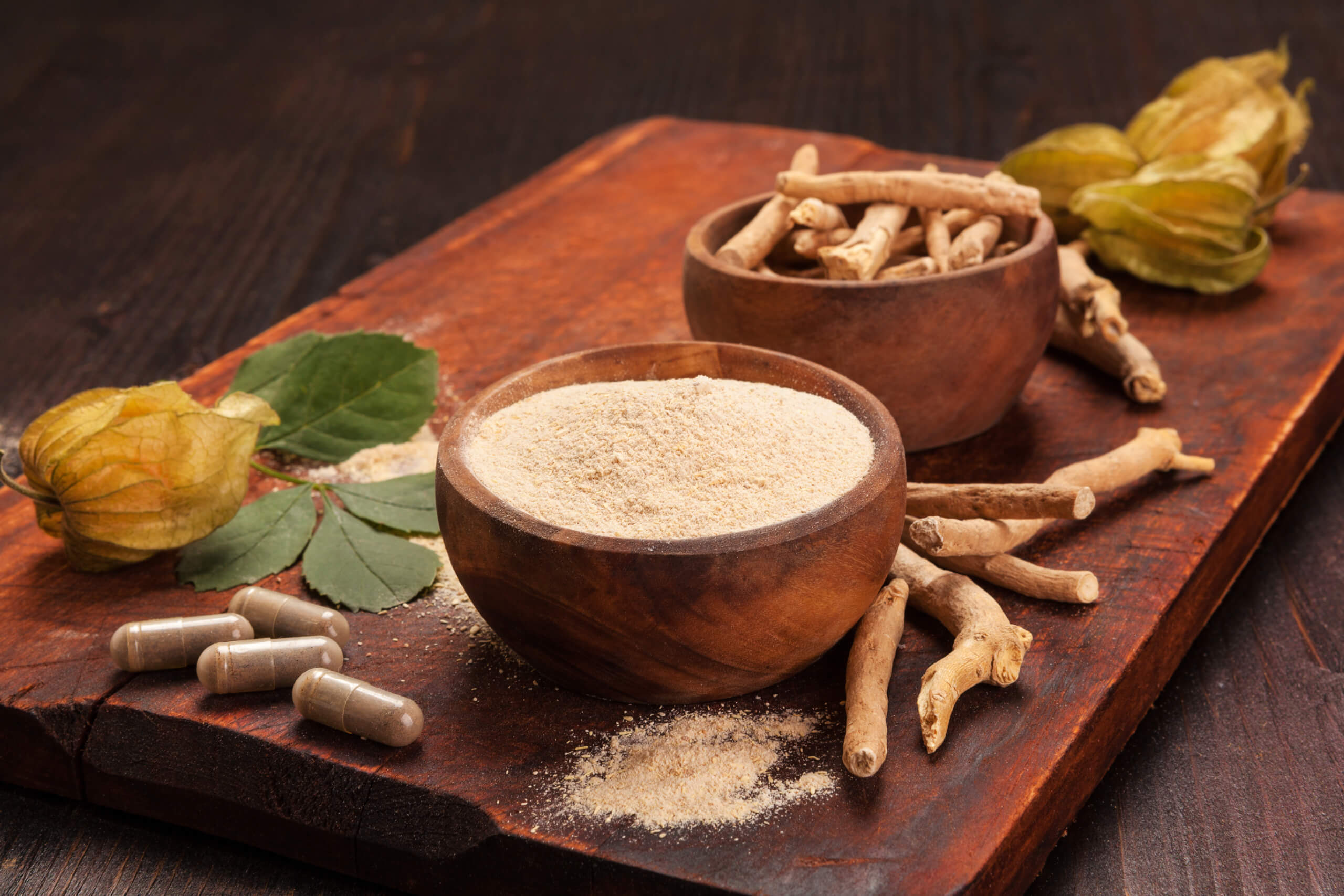Introduction
In a world where mental clarity is prized, one often overlooked yet crucial aspect is hydration. While we’re accustomed to hearing about the importance of hydration for physical health, its impact on mental well-being is equally significant. In this article, we’ll delve into the intricate relationship between hydration and mental clarity, exploring how staying adequately hydrated can sharpen cognitive function and enhance overall mental acuity.
Understanding Hydration
Hydration isn’t just about quenching thirst; it’s about maintaining the delicate balance of fluids in our bodies. Water, the elixir of life, serves as the primary source of hydration, playing a vital role in various bodily functions, including those of the brain.
Impact of Dehydration on Mental Clarity
Dehydration doesn’t just leave you feeling parched; it can impair cognitive function as well. Research has shown that even mild dehydration can lead to difficulties in concentration, memory lapses, and mood disturbances, all of which contribute to a foggy mental state.
The Link Between Hydration and Brain Function
The brain, comprising about 75% water, is highly sensitive to changes in hydration levels. Adequate water intake is essential for maintaining optimal neurotransmitter function, which influences mood, cognition, and overall brain health.
Optimal Hydration for Mental Clarity
To keep your brain firing on all cylinders, it’s crucial to meet your daily water intake needs. The general recommendation is around 8 glasses of water per day, but individual requirements may vary based on factors like age, weight, and activity level.
Hydration and Concentration
Ever find it challenging to focus when you’re feeling dehydrated? That’s because hydration plays a significant role in sustaining attention and concentration. To enhance mental focus, sip on water regularly throughout the day, especially during tasks that demand cognitive effort.
Hydration and Mood
Believe it or not, hydration levels can affect your mood as well. Dehydration has been linked to increased feelings of anxiety, irritability, and fatigue, while proper hydration promotes a more stable and positive emotional state.
Hydration and Cognitive Performance
Studies have consistently shown that dehydration impairs cognitive performance, particularly memory and learning. By staying hydrated, you can support optimal brain function and enhance your ability to process and retain information effectively.
Practical Tips for Staying Hydrated
Aside from drinking plain water, you can boost your hydration levels by consuming water-rich foods such as fruits and vegetables. Set reminders throughout the day to drink water, and consider using hydration tracking apps to monitor your intake.
Hydration and Sleep Quality
Did you know that hydration can impact your quality of sleep? Dehydration can disrupt sleep patterns, leading to restless nights and daytime fatigue. Make it a habit to drink water throughout the day, but taper off closer to bedtime to avoid disrupting sleep with frequent bathroom trips.
Hydration and Stress Management
Staying hydrated is essential for managing stress effectively. Dehydration amplifies the body’s stress response, making you more susceptible to feeling overwhelmed. Keep a water bottle handy during stressful times to help maintain your calm and clarity.
Hydration and Energy Levels
Feeling sluggish? It might be due to dehydration. Water plays a crucial role in energy metabolism, and even mild dehydration can lead to feelings of fatigue and lethargy. Stay energized by drinking water consistently throughout the day.
Benefits of Electrolytes in Hydration
Electrolytes, such as sodium, potassium, and magnesium, play a vital role in maintaining hydration and supporting nerve function. Incorporating electrolyte-rich foods and beverages into your diet can help replenish lost electrolytes and enhance mental clarity.
Hydration and Physical Activity
During exercise, the body loses water through sweat, increasing the risk of dehydration. Proper hydration before, during, and after physical activity is essential for sustaining performance and safeguarding cognitive function.
Conclusion
In the quest for mental clarity and cognitive sharpness, hydration emerges as a powerful ally. By prioritizing adequate water intake and maintaining optimal hydration levels, you can enhance your focus, memory, and overall cognitive performance. Remember, a well-hydrated brain is a clear and efficient brain.
FAQs
- How much water should I drink each day for optimal mental clarity?
- While the general recommendation is around 8 glasses per day, individual hydration needs may vary based on factors like age, weight, and activity level. Listen to your body and drink water regularly throughout the day to stay hydrated.
- Can dehydration affect my mood?
- Yes, dehydration can impact mood regulation, leading to feelings of anxiety, irritability, and fatigue. By staying adequately hydrated, you can promote a more stable and positive emotional state.
- Are there any hydration tracking apps available?
- Yes, several hydration tracking apps are available for both iOS and Android devices. These apps allow you to set reminders, track your water intake, and monitor your hydration levels throughout the day.
- What are some water-rich foods that can help with hydration?
- Fruits like watermelon, strawberries, and oranges, as well as vegetables like cucumbers and spinach, are excellent sources of hydration due to their high water content. Incorporating these foods into your diet can contribute to your overall fluid intake.
- Does caffeine dehydrate the body?
- While caffeine is a mild diuretic, moderate consumption of caffeinated beverages like coffee and tea doesn’t typically lead to significant dehydration. However, it’s essential to balance caffeine intake with adequate water consumption to maintain hydration levels.
Related Posts
29/12/2024
Alpha GPC: Unlocking Better Brain Performance
Alpha-Glycerylphosphorylcholine, commonly known as Alpha GPC, is a natural choline compound found in the brain. It's…
17/12/2024
The Power of N-Acetyl L-Tyrosine for Mental Clarity and Focus
Are you struggling to stay focused during demanding tasks or feeling mentally drained after a long day? N-Acetyl…
05/12/2024
The Future of Nootropics: Trends and Innovations in Cognitive Enhancement
In today’s fast-paced world, the desire to stay mentally sharp, focused, and productive has driven a surge in interest…
23/11/2024
Ashwagandha (KSM-66): Stress and Cognitive Benefits
Ashwagandha, a revered herb in Ayurvedic medicine, is known for its ability to reduce stress and enhance mental…
11/11/2024
What Are Nootropics and How Can They Boost Your Brain Power?
Nootropics, sometimes referred to as "smart drugs" or "brain boosters," have recently taken the wellness world by…
30/10/2024
How to Combat Brain Fog with Supplements and Lifestyle Changes?
Brain fog is a term that describes a state of mental confusion or lack of clarity. You might find it hard to focus,…
18/10/2024
The Top Nootropics for Reducing Stress and Anxiety
In today’s fast-paced world, many people struggle with stress and anxiety. Nootropics, also known as cognitive…
06/10/2024
Alpha GPC For Athletes – What You Need To Know
When it comes to boosting athletic performance, most athletes focus on physical training, nutrition, and perhaps some…
24/09/2024
Natural Ways to Improve Focus and Concentration
Maintaining focus and concentration in today’s fast-paced world can be challenging. Fortunately, there are several…









